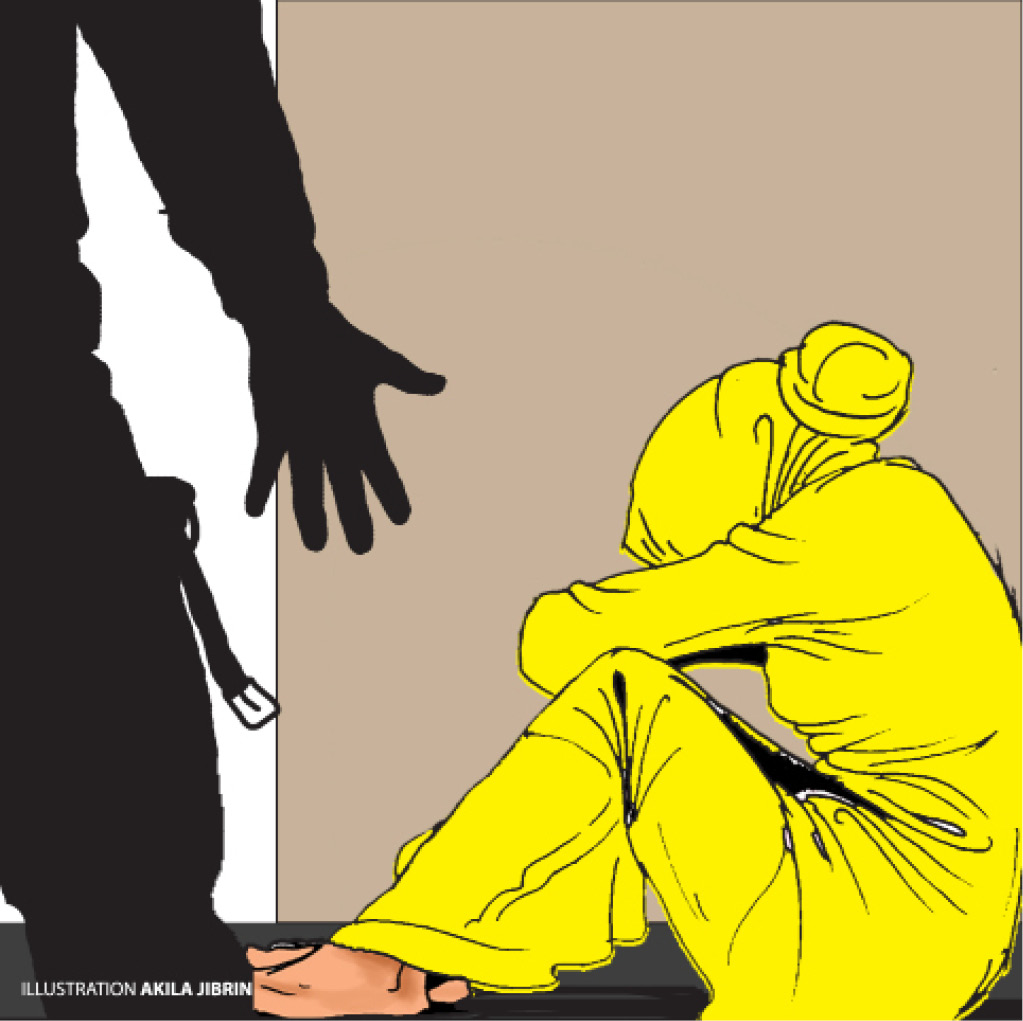The Rule of Law and Anti-Corruption (RoLAC) Programme of the British Council has said that over 15, 800 victims of sexual assaults have been assisted through the 29 Sexual Assault Referral Centres (SARCs) across 17 States in the country.
The National Programme Manager of RoLAC, Mr. Danladi Plang, said this on Thursday in Abuja at the launch of the Awyetu Sexual Assault Referral Center (SARC) in Bwari, organised by the British Council under its European Union (EU) funded RoLAC and the Managing Conflict in Nigeria (MCN).
It was part of activities commemorating the 2020 “I6 Days of Activism to End Violence against Women and Girls”.
According to him, the need for Sexual Assault Referral Centres is important as it is part of strong measures to solve the problem that makes it difficult to prosecute rape perpetrators, and also that it provides immediate emergency medical report, forensic medical examination, confidentiality, privacy and client focused approach.
“Between July 2019 and September 2020, SARCs have assisted over 15,800 victims of sexual assault combined, over 70 percent of whom are under the age of 18.
“The success of the SARC initiative have demonstrated the critical role it plays as a hub of network of collaboration among the many institutions and responders that are active in the effort to reduce sexual violence and assist victims,” Plang said.
He said that over 600 personnel have been trained to work on the SARC across the country.
The FCT Minister of State, Dr. Ramatu Tijjani-Aliyu, represented by Director Admin/Finance, Justina Maimagani, said that many cases of sexual assault in Nigeria are under reported as survivors are mostly reluctant to report, fearing being blamed and social stigma.
She said “Even when cases are reported most times, they are poorly prosecuted due to lack of evidence to prove rape more so there are limited facilities to assist victims with necessary medical assistant, trauma counselling among others.
“The medical personnel assigned to this SARC has been trained in forensic medical examination and documentation, and to also provide medical report to police to support the prosecution of rape cases in court.”
The Head of section, Democracy, Governance and Migration section, EU Delegation to Nigeria and ECOWAS, Ambassador Clement Botillier, said that sexual crime is widely acknowledged as the most serious crime affecting women and girls in Nigeria.
He said that the pandemic created a surge showing a significant increase in sexual gender-based violence.
“The fight against gender-based violence remain one of the priorities of the European Union because we believe this is a thread and that there are challenges that affect so many people in the world.
“SGBV is creating underdevelopment, negatively affects cohesion, the ability to contribute to society and ultimately prevent society from thriving, because of this the EU have committed significant resources in the fight through technical and financial support to front line defenders,” he said.
On her part, the Women Affairs Minister, Dame Pauline Tallen, represented by the Senior Social Welfare Service, Ebele Obiefuna, said that the Nigerian Police reported that it received 717 cases of sexual assault between January and 2020 and that with the development many strategies have been put in place to help curb the increase of sexual assault.

 Join Daily Trust WhatsApp Community For Quick Access To News and Happenings Around You.
Join Daily Trust WhatsApp Community For Quick Access To News and Happenings Around You.


